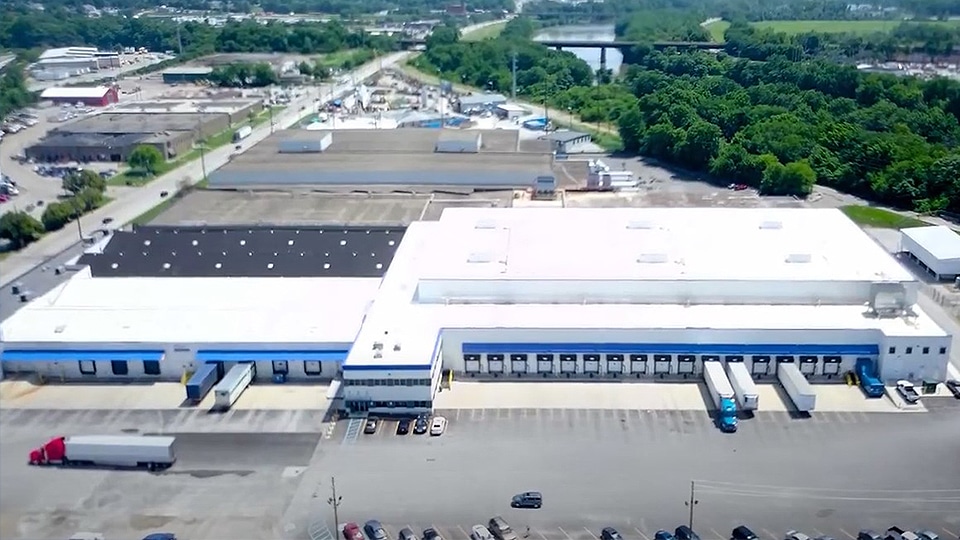Refugees, other nontraditional hires bring opportunities
Since publication of this case study, MWCold was acquired by Vertical Cold Storage.
When Time Siddiq encourages area businesses to hire refugees and other foreign-born workers, his urging is driven by good experiences and a commitment to hiring a nontraditional talent pool.
Siddiq serves as Chairman and CEO of Indianapolis-based freezer warehouse operation MW Cold, which has embraced that commitment for decades because the firm believes it benefits everyone involved. The company gets to address labor challenges and reduce turnover. Employees find acceptance, opportunity and purpose, and the community gains a stepping stone for residents’ economic mobility.
Acknowledging that hiring these workers might require some extra work – getting visas, overcoming language barriers, adapting to the new culture – Siddiq says the barrier often isn’t as substantial as expected. Most of the refugees speak English and are comfortable with American culture, and MW Cold works with a variety of community partners, including specialized staffing agencies and human service organizations, who assist with overcoming administrative, language or transportation challenges.
To show how the approach works, Siddiq points to Mukhtar Ibrahim. When MW Cold hired Ibrahim in 2008, the Somalian native had spent most of his life as a refugee. Now he has spent almost half of his life at MW Cold, working his way up from sweeping floors to his current supervisory role.

“Loyalty is the payoff,” says MW Cold Chairman and CEP Tim Siddiq. ” We say Mukhtar is our ‘ninja supervisor.’ You could not ask for a more dedicated person.
Of course, Siddiq could be expected to have a soft spot for refugees. Born in Kabul, he fled with his family shortly before the Soviet Union’s 1979 invasion of Afghanistan. They settled in Indiana, where Siddiq attended high school and college and now works alongside his brother, Sharif, the Business Development Manager at MW Cold. Given their own story, it’s no surprise that the Siddiqs have been especially interested in the recent influx of refugees into Indiana, since it comes from their native Afghanistan. But Tim says there’s more to their advocacy than their common origin stories.
The most recent refugees have a lot to offer Indiana employers, he says, especially today. “Most of these people have some kind logistics experience,” Tim notes. “Organizations should be taking advantage of this opportunity.”
Similar opportunities can be found with other nontraditional hires, Tim says, including people coming out of the justice system. In addition to providing opportunities to people who need a second chance, the practice often leads to the same byproduct MW Cold found in hiring people like Mukhtar Ibrahim. “I think, in the long run, if you’re trying to help someone out with a dream, they’ll be loyal,” Tim says.
